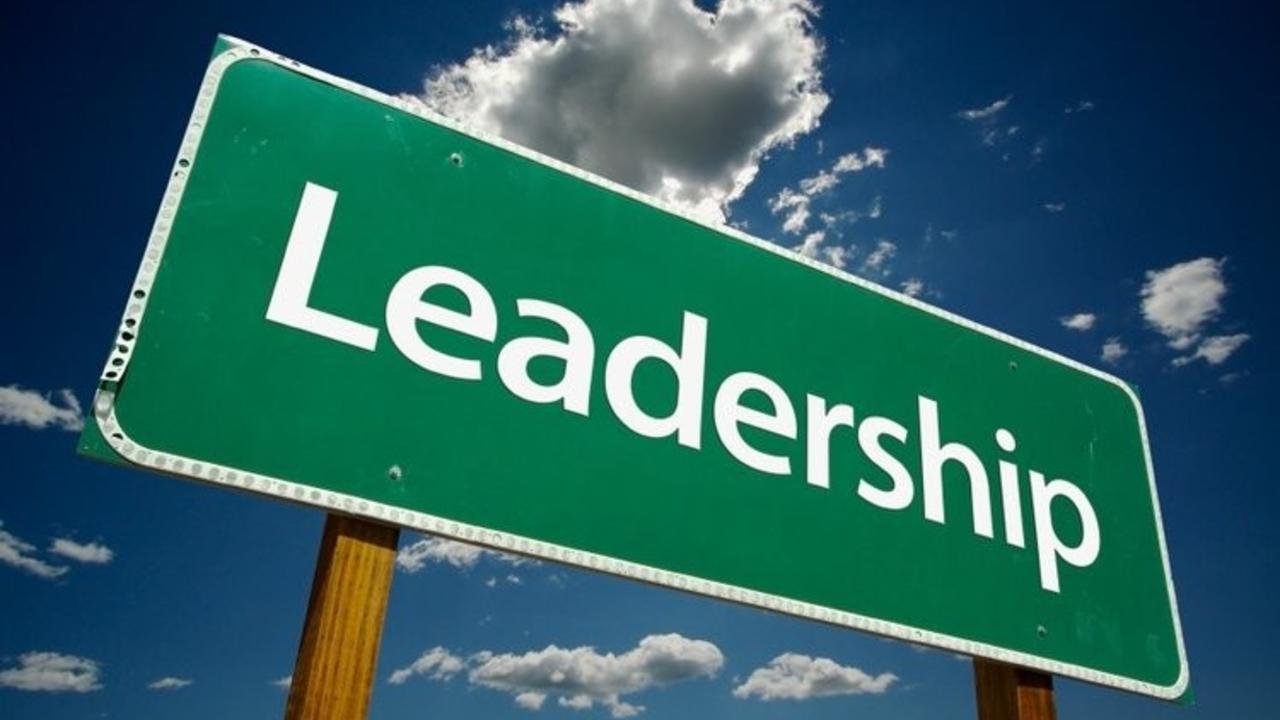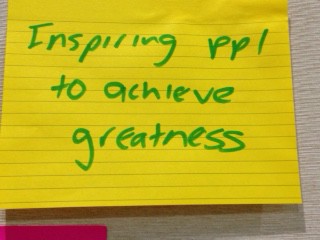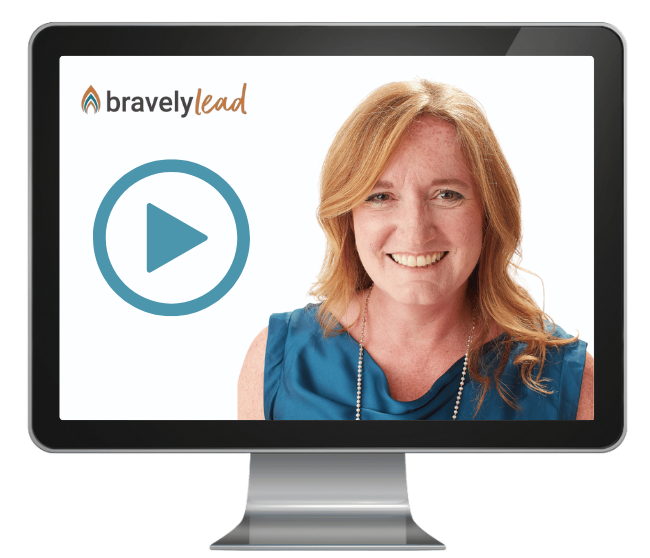What is a leader?

The news is full of stories of leaders; thoughtful, capable, accountable, inspiring leaders, and divisive, authoritative, polarizing leaders. Leaders succeeding, leaders failing, leaders being toppled. When we talk about leadership, it seems we each have different ideas and images that come to mind about what constitutes a leader, and what makes a good or great leader.
In a recent workshop I facilitated with a group of senior leaders, I asked “what is a leader?” I heard things like:
-
Humble
-
Inspiring
-
Accountable
-
Authentic
-
Open
-
Courageous
-
Empathetic
-
Supportive
-
Ethical

What is leadership? Photo credit: Dialogue Partners

What is leadership? Photo credit: Dialogue Partners
Those descriptions sound like the attributes of an amazing human being — one who is aligned with their values, supports others to be great, and who can create a better future for all. A person who brings out the best in others by consistently being their own best self, and who acts with an open heart in service to a greater purpose.
I’m not sure all the “leaders” in the news meet the description. Traditionally, we have granted the title of “leader” to those who hold a position of authority or power. Again and again, it seems that role doesn’t necessarily equate to the qualities of an inspiring human being.

What is leadership? Photo credit: Dialogue Partners
The Center for Creative Leadership recently completed a white paper assessing the Character Strengths of Leaders, which identified 4 core strengths: Integrity, Social Intelligence, Bravery, and Perspective.
While the study focused on organizational leaders, the attributes of top level leaders could be applied to politics, community, and other situations where leadership is called upon. Of note, the study indicated a tension — the focus on performance of mid level managers often means less emphasis on integrity. And yet where do we draw our top level leaders from if not from the mid-management pool? And then we seem surprised when behaviours and actions taken by top leaders lack integrity.
The OECD regularly reports on Trust in Government. Recent research shows that only 40% of citizens trust their government — and trust is the cornerstone of robust economies, effective policies and programmes, and vibrant societies built on cooperation and social acceptance and capital. OECD sees key actions that are required to win back the trust of citizens, asserting that: “we must address “big trust”, the ability of government to reassure citizens that it is taking care of the things that are beyond the control of individuals, though in a fully accountable, transparent, fashion. Government has to demonstrate that it can “govern for the future” and “govern for the unexpected”. Third, we need to build fairness in policymaking. This has at least two dimensions: first, prevent undue influence in policymaking by addressing the challenges posed by political financing and lobbying, and second, make policymaking and implementation processes more inclusive through information, and consultation with the public.”
The OECD identified 6 areas for the government to win back trust: Reliability, Responsiveness, Openness, Better Regulation, Integrity & Fairness, Inclusive Policy Making.
The Edelman 2016 Trust Barometer, noted a mounting trust inequality, where trust is rising in those who make up the “informed public” but decreasing in the mass population / general public. This rise of trust inequality, means a shift of influence to the general public — across the globe.
There was a federal election in Canada in November 2015, which resulted in a change of Prime Minister and the political party in power to the Liberals, led by Justin Trudeau. EKOS Politics has been tracking the impact of this swing election on public perception. Confidence in the direction of the federal government and the country are at historic highs, across demographics, and show no signs of waning. Confidence in Justin Trudeau as a leader is extremely high. For 20 years, EKOS has been asking Canadians what type of vision they prefer for Canada’s future — stay the course or a bold new vision. Canadians consistently prefer a bold, new vision — but haven’t historically gotten it. However, since the election, EKOS reports that “For the first time ever, we now see a consonance between what the public want and what they feel they are getting. By a margin of 63–37, Canadians see the federal government as headed in a bold new direction, as opposed to maintaining the status quo.”
Last week, the CBC published an analysis of Prime Minister Trudeau’s approach to leadership, as compared to that of Donald Trump, or David Cameron and the impact of the “Brexit” referendum. They quoted Trudeau’s speech at the World Economic Forum, where he stated, “Simply put, everybody needs to benefit from growth in order to sustain growth. I believe in positive, ambitious leadership. We need to trust citizens. We need societies that recognize diversity as a source of strength. Not a source of weakness.”
All of this brings me back around to my original inquiries:
What is leadership? Who is a leader? Why does it matter? What impact does it have?
In that same workshop where I asked these questions about leadership, we also talked about engagement.
What is engagement? What does it accomplish? What impact does it create?
What is engagement? Photo credit: Dialogue Partners
Engagement is about bringing people together, to speak with open hearts and minds about the things that matter most to them, so they can build a better future.
And leaders…what role do they play in engagement?
We are all leaders.
In reflecting on the research, and my own experience with leadership, great leaders reflect the best of all of us: they bring their best selves so others can be more, dig deeper, take brave actions, overcome and achieve a better future.
More than that, leaders inspire us, and allow us to see the possibilities that are out there. They don’t just dream that better future, they inspire us to take action every day to achieve it ourselves. They empower us. They model integrity, ethical behaviour, responsiveness and accountability. They are aligned with their values, and working towards a higher purpose.
If we are all leaders, and there are challenges with the systems and structures of our world, are we each not responsible in some way for those impacts and outcomes? If the shift in influence resides with the mass population and the general public, imagine what could happen if we each stood up — with integrity, fairness, compassion and courage — and created the world we want to live in?
Imagine if we each acted like the leaders we are and called forth the future we want. If we came together in honest, open dialogue about what we hope for (and not in conversation about what we DON’T want because that is the easy way out, and a path to being our lesser selves).
Who do you want to be? How do you bring your best self to that future? How do you live your life with integrity, courage and compassion and inspire others to do the same? What kind of leader are you?





